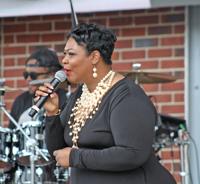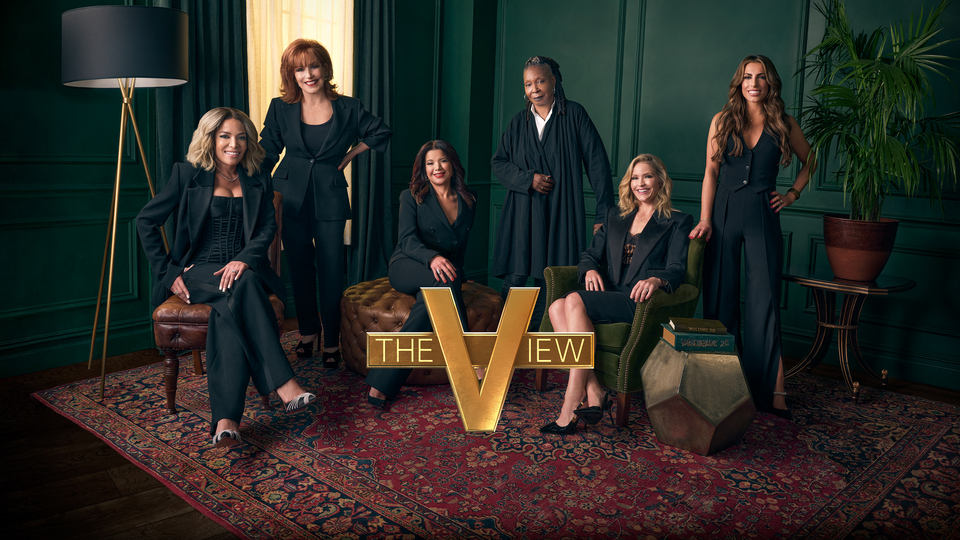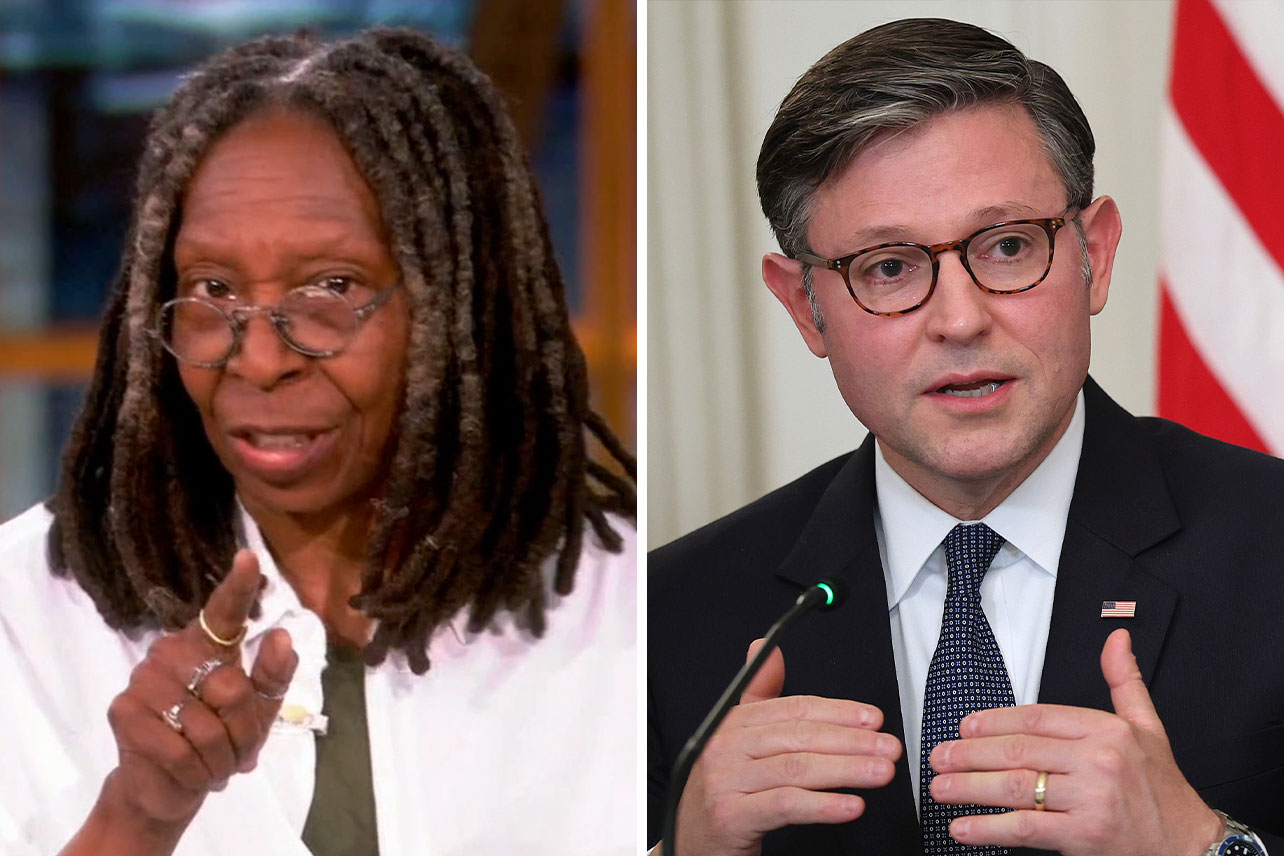The View: Whoopi Goldberg Gives Stark Warning to Speaker Mike Johnson About ‘Tarred & Feathered’ Comments
On a recent episode of “The View,” the discussion turned to the controversial comments made by Speaker of the House Mike Johnson, particularly his use of the phrase “tarred and feathered.” This phrase, steeped in historical context, has ignited strong reactions from various commentators, especially given its implications of violence and punishment. Whoopi Goldberg, a prominent co-host of the talk show, was particularly vocal about her concerns regarding Johnson’s choice of words, urging him to reconsider the impact such language might have in today’s sociopolitical climate.
Repercussions of Rhetoric: The Historical Context
During the segment, Goldberg highlighted the troubling history associated with the phrase “tarred and feathered.” Traditionally, this method of punishment was used as a form of public humiliation and violence, often directed towards marginalized groups. By invoking this phrase, Goldberg cautioned that Johnson might unintentionally be promoting a narrative that seems to endorse violence against political opponents, particularly Governor Gavin Newsom of California. The historical significance of this phrase cannot be understated, as it resonates deeply within the African American community and brings to mind an era of brutality and oppression.
Goldberg’s comments serve as a reminder of the words we choose in political discourse. When leaders speak, their rhetoric can both inspire and incite fears among their constituents. This is especially pertinent in today’s polarized political environment, where language can either bridge divides or exacerbate tensions. Johnson must be aware of his political influence and the historical weight that comes with the words he chooses to use.
Financial Implications of Military Deployments
As the conversation progressed, the panel examined the broader implications of Trump’s decision to deploy military troops in California amidst ongoing anti-deportation protests. Co-host Sara Haines expressed her dissatisfaction with the financial burden this move would impose on taxpayers. She pointed out the irony of using significant state resources on military deployment while critical government support programs are facing cuts. This raises crucial questions about prioritization in state budgets and the need for responsible governance.
In discussing the troop deployment, Sunny Hostin described it as a “power grab” by President Trump, suggesting that this is part of a broader strategy to assert control over states without the necessary cooperation from state leaders. Such actions could signal a concerning shift towards authoritarianism, where the military is positioned against civilians. Hostin’s assertions highlight the importance of checks and balances in governance and the potential consequences of military interventions in domestic affairs.
The Political Strategy Behind Controversial Comments
The panel also delved into the potential motivations behind Trump’s controversial military strategy and Johnson’s comments. Alyssa Farah Griffin offered insights into the political calculations at play, suggesting that Trump’s inflammatory rhetoric may be designed to provoke liberals into responses that could alienate moderate voters. This strategy, if employed, could create a cycle of divisiveness, ultimately working against the very objectives they hope to achieve.
Goldberg took this opportunity to reflect on the historical implications of blindly “following orders,” cautioning her fellow panelists and viewers about the potential dangers of normalizing violent rhetoric. She urged caution and reflected on past events where such language has escalated into real-world consequences. As they analyzed the rhetoric’s impact, the need for responsible communication in politics became clear.
The panel wrapped up their discussion on a critical note, highlighting the importance of mindful language and the ramifications of military force in domestic politics. They emphasized the necessity of fostering a political discourse that is rooted in respect and understanding, rather than one that invites conflict and violence.
As the conversation about political rhetoric and military interventions continues, it calls for citizen engagement and accountability from political leaders. It’s vital that individuals engage critically with political language and demand higher standards from their representatives. By understanding historical contexts and the consequences of rhetoric, we can collectively work towards a more civil and constructive political dialogue.





